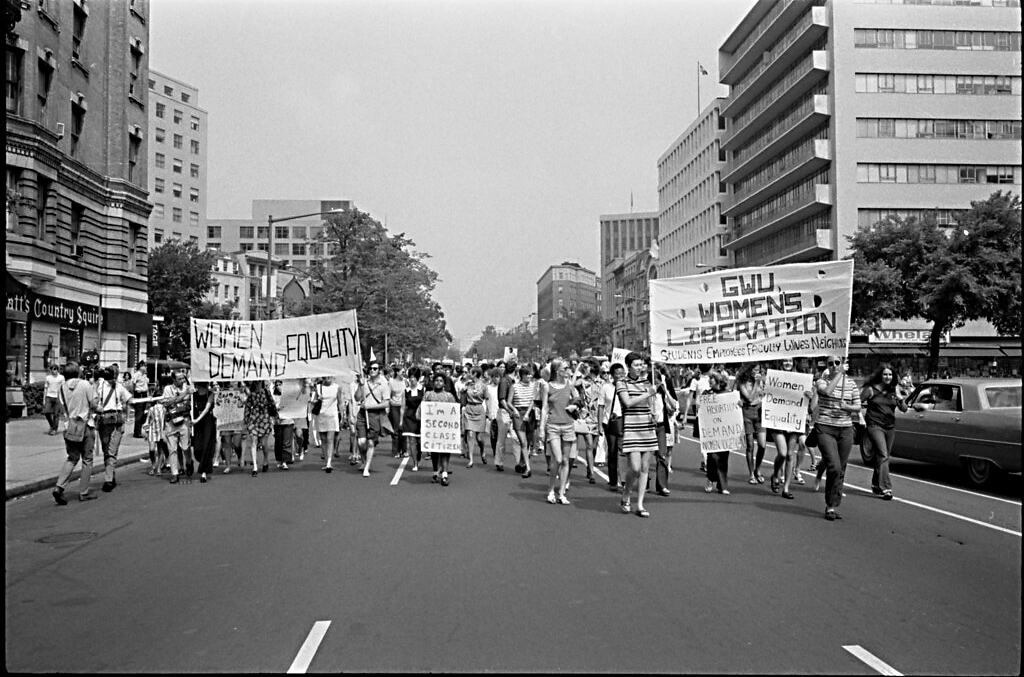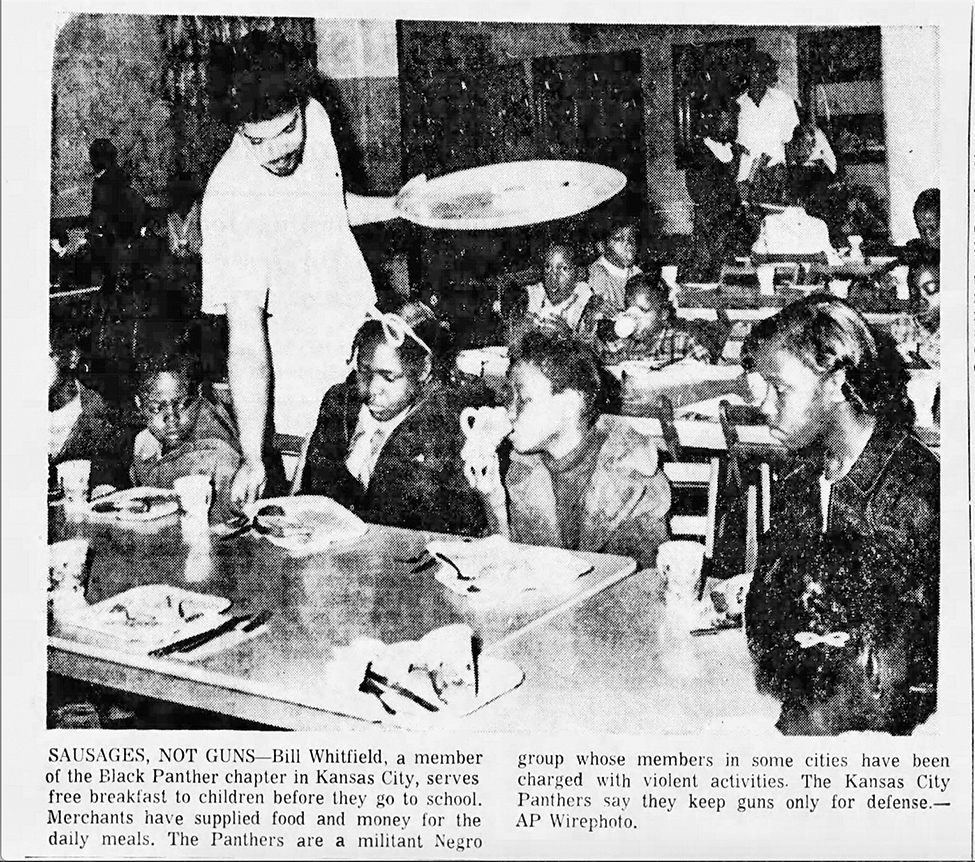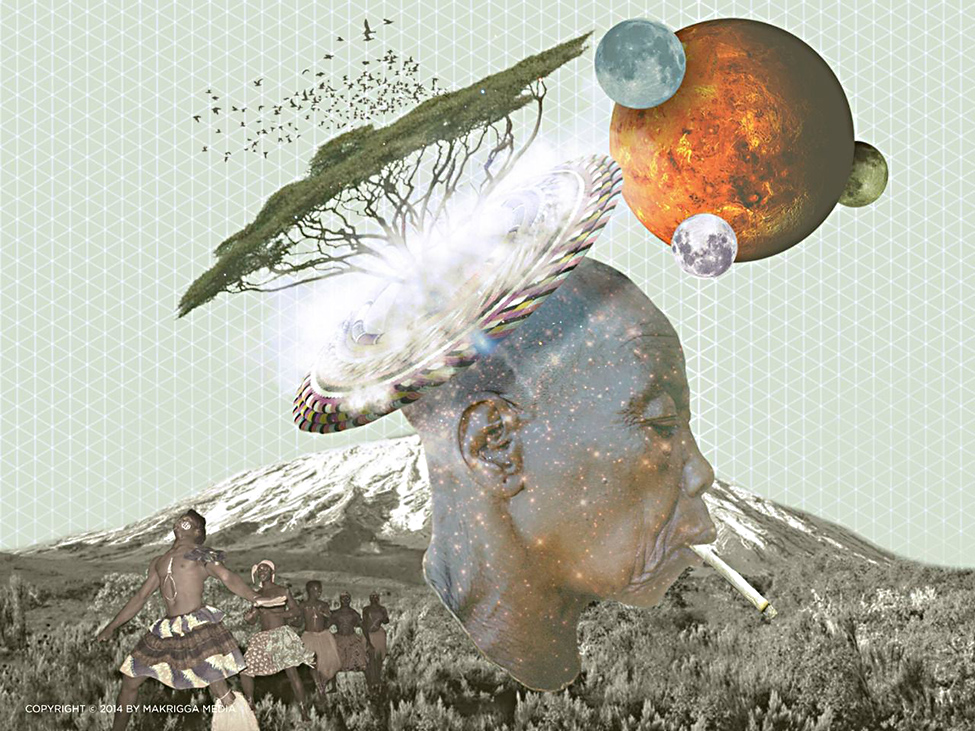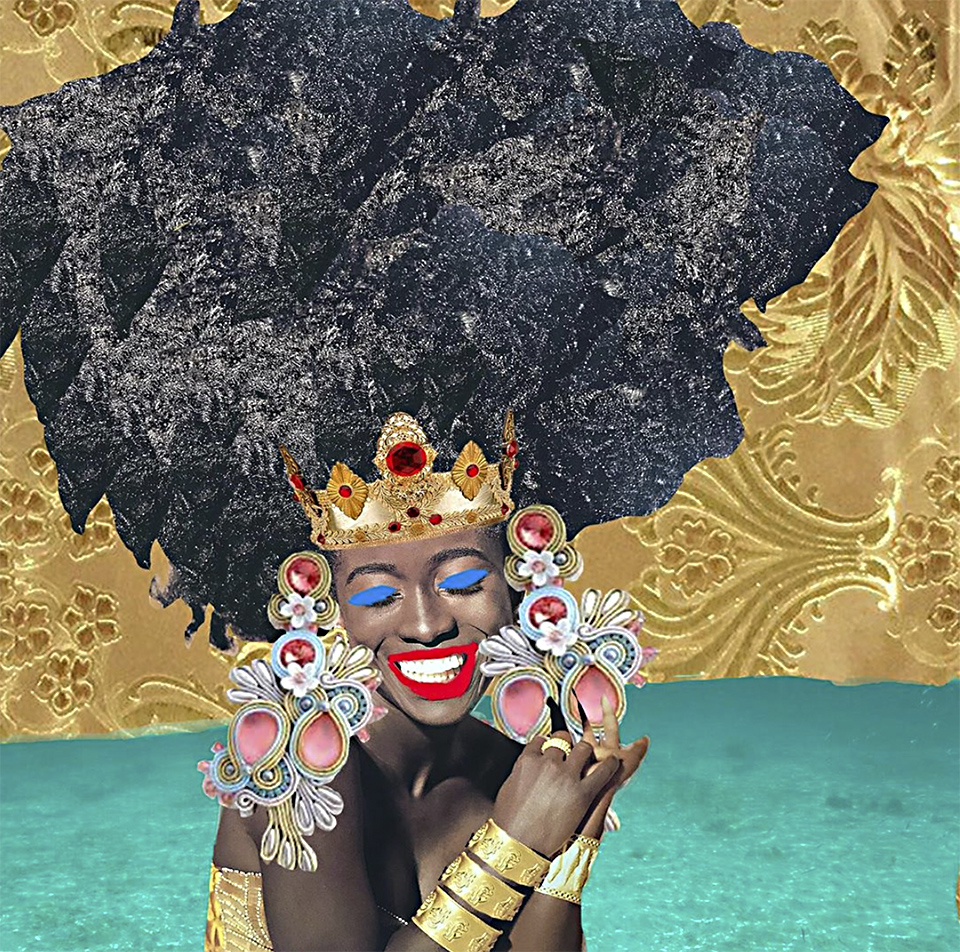Contending for Dream Space
Why Cultural Strategy?
The United States is in the advanced stages of neoliberal capitalism. Within the construct of neoliberal economics nothing is safe and everything is commoditized, even culture. Capitalism is so desperate for land to conquer that it’s reached our mental space, where the issue becomes the manufacture of consent. The struggle for social justice has become about the very meaning of things, of framing, understanding, and feeling. This is the last space that is sovereign: our bodies and our minds. Culture is at the core of the struggle, especially because our awareness is oversaturated by corporate media — we have to fight on that battlefield. The situation has reached a crisis point.
Given that reality, the Left is shockingly deficient in both arms and armor. This has not always been true; the Left was once far more advanced in this area. We once offered dreams, imagination, and utopias — we have to regain that mentality. We must update our tools, culture, and cultural understanding to design compelling alternatives. Popular Culture is the most democratic arena because it taps into everyday people’s desires, in the spaces where they create and live out their dreams. We must contend for dream space. We must usher in a cultural renaissance, which will in turn accelerate the economic and political renaissance we so desperately need.
“To dismantle and reinvent institutions or systems we have to start at the roots, with the culture that supports them. Culture is the material substratum of politics, the muddy foundations upon which it is built, but these foundations can’t be changed in the same way that you can undo a law — they are transformed by infiltrating them at the molecular level, through the fault lines, pores, and gaps, burrowing away like an old mole opening up millions of potential north west passages. Luckily for you, that’s where you are already.”
— The User’s Guide to Demanding the Impossible
At present, we are experiencing a rift, a tear in the veil of neoliberal cultural hegemony, as a result of the current iteration of the movement for Black Liberation. The memes and messages created by this movement have the power to shift the assumptions of the viability of our current political economy. We therefore need a Black Cultural Renaissance that offers a counter-hegemonic strategy, one that allows us to imagine and taste a new political economy that centers and empowers Black, Indigenous, and Immigrant communities of color in the United States and their diasporas. In particular, a Black/Indigenous/Immigrant cultural renaissance must involve a future grounded in the past, which evolves without rupturing our trajectories via colonialism, slavery, genocide, and capitalism.
At several junctures in the struggle for Black Liberation — from emancipation and decolonization to reconstruction, desegregation, and Black power — there have been formal and informal cultural institutions that have taken on the role of developing cultural strategies: creating new narratives, cultivating new Black imaginaries, and positing irresistible alternatives.
During the Civil Rights era, these institutions included Black churches, Black colleges, Southern NAACP chapters, the Nation of Islam, the Black creative class (writers, musicians, dancers), the Black Panthers, and more. Each and all were creating cultural memeology around identity, way of life, and a vision of freedom. Beyond the marches and rallies, the power and use of food, clothing, fashion, rhetoric, language, and song were integral to the movement. These institutions facilitated the aesthetics of hope and freedom before they were fully realized. They served to create an atmosphere of liberation that fueled the movement’s political and legislative strategies. The tactic of nonviolence intentionally interplayed with the role of the media in the lives of the average American citizen, and toyed with that enormous cultural institution vis-à-vis a debate about the fundamental cultural values of the country.

Women’s Liberation Movement March featuring the Women’s Liberation Group from George Washington University marching alongside other demonstrators in Washington, D.C., on August 26, 1970. Photo: Washington Area Spark.
Today, we must strengthen and cultivate equally relevant cultural institutions that are able to:
“Boost imagination and invention, realign action logic, and experiment with new forms of civil society to create the atmospheres of change needed for the next leg of Black liberation.”
— Intelligent Mischief, mission statement
“A March from A to B with placards, repetitive slogans chanted with hoarse voices, protesters kettled in the cold for hours, crowds listening to a man with a beard giving a speech, boring banners hung from buildings, flyers filled with statistics of doom. . . . Do these acts resemble the future we want? How else could our demands and desires be manifested? How else could our actions look and feel?”
— The User’s Guide to Demanding the Impossible
“Propagator of Happenings, performances which eradicated the divisions between audience and creator in the 1960s, he understood that art holds within it the potential to create images of the future that can be rehearsed in the here and now. The most successful political actions do the same. They don’t just demand or block something, they put our dreams on display, they don’t just say NO, but they show how else we could live. Reclaim the Streets parties in the 1990s did not simply free the streets from polluting traffic, more importantly they filled them with dancing bodies, music and a vision of the world where politics was about pleasure not sacrifice. It was about embodying change, not waiting for a revolution to bring it along. When students across the country occupy rooms in their universities and hold alternative forms of education in them, they are refusing and building at the same time. Some students from Goldsmith’s have recently even taken this ‘yes and no’ spirit into unlikely spaces. They started their own institution, the University of Strategic Optimism, and rather than accepting the marketisation of education, they began to educate the market, holding lectures which occupied and redefined spaces of consumption — the foyer of a bank, the aisles of a supermarket — as a place to convivially learn and discuss.”
— The User’s Guide to Demanding the Impossible
“There are more than a few things hindering us. I won’t list them all, but one is imperative. We haven’t envisioned winning.”
— Ferrari Shepard
“One of the sparks that lit the powder keg of movements that brought down the Berlin Wall began with a gaggle of Polish artists, The Orange Alternative. One night under the influence of several mind altering substances, they decided to call for a ‘Gnome’ gathering, to demand ‘Gnomes’ rights. Protests were banned in Poland under the military regime, but when faced with thousands of young people wearing orange gnome hats, the soldiers did not know what to do, and the generals did not call the tanks in. For the first time since martial law was declared, a mass of people had taken public space back, had a great time doing it, and managed to spread a sense of confidence far and wide. Within a few years the whole of Eastern Europe was out in the streets. Art Activists are good at finding the acupuncture points, those cracks in a system that can be wrenched open. As systems theorist Donella Meadows illustrates in her essay ‘Leverage Points: Places to Intervene in a System,’ linear chains of cause and effect exist rarely in complex systems, but there are numerous levers where ‘small shifts in one thing can produce big changes in everything.’ Of the twelve points listed she states that the three with the most leverage are the goal of a system, the paradigm used to design it and most importantly our power to transcend that paradigm. What she means is think utopian, present new sets of values and empower people with hope and confidence! Three things that are the stock strategies of art activism.”
— The User’s Guide to Demanding the Impossible

Bill Whitfield of the Black Panther chapter in Kansas City serves free breakfast to children before they go to school, April 16, 1969. Photo: William P. Straeter, AP, originally printed in Clarion Ledger (April 23, 1969), via CreativeCommons.
Why Now?
We are facing a unique, peak moment in the trajectory of neoliberal capitalism. It has evolved to create an extremely complex system that is a confluence of politics, finance, the economy, and culture. The fabric of our societies and deeply held fundamental values are being threatened, and are, at this time, being pushed to their very edge. At the same time, our ability to push back has been weakened. We’ve been overwhelmed by the corporate control of culture via the production of cultural products. We’ve been so oversaturated with media, images, and symbols that it makes it difficult to discern what’s really happening.
Our ability to make sense of the world is dependent on narrative. Through it, we build shared language and connect to emotion. With empathic design we create intimate connection and construct feelings that move us to action. We cannot afford to allow corporations and corrupt politics to control narratives and the realm of design.
While we face an extreme threat, it is also a time of extreme opportunity. Although repression and neoliberalism are at their greatest heights — combined with an opaque veil of consumerism, individualism, etc. — for the first time ever, movements are becoming extremely aligned. We have passed the phase of intersectionality and are approaching true solidarity, and it’s possible that the time of a mass social movement is near.
Our strategy, therefore, needs to rise to the occasion. Masses of disenfranchised people are waiting to be invited into the movement. They need and want hope now more than ever. The Left has long been the vanguard of the truth, supported by evidence, data, and information — but we don’t need more information about what is wrong. We need viable alternatives. We need alternative lived realities, and Culture is the only thing that can manifest those alternatives and move people toward something new. We need alternative experiences, and this is the opportunity that cultural organizing brings.
“More information is not going to motivate us to act, neither are representations or pictures of politics, what makes us move is tasting dreams of what could be, stepping into the cracks where another world is coming into view.”
— The User’s Guide to Demanding the Impossible
Things are gloomy: we face racism, climate change, oppression, and powerlessness. What we need is hope, something to remind us that all is not lost, and that through our creativity we can craft a new reality.
Why Us? How Are We Best Equipped to Achieve the Goal?
The Intelligent Mischief collective is an intentionally Black/Afro-descendant/Immigrant group of thinkers, organizers, strategists, and creatives. We believe these attributes are unharnessed assets that offer the potential for unparalleled contributions to the success of the most significant social movements of our time.

Da Homie by Dezz Archie, 12 x 12 digital art on canvas | #Black-HolographicMemory month-long #afrofuturism art gallery at @impacthubphilly.
Race Matters Now More Than Ever
In a time of movements, the veils have been lifted to expose not only how deeply White supremacy runs in our society, but that it’s the very lifeblood of our political economy. Social movements have come to realize that race is not just an issue they must latch onto, but that it is at the core of every struggle for social justice. Native American and Afro-descendant people have been, and continue to be, the most harmed by White supremacy, and have developed a long cultural legacy of resistance. Our collective draws on the cultural DNA of our ancestors and of the African diaspora as a whole to create a narrative and practice of resistance that plays an invaluable role in shifting the culture of White supremacy.
Third Culture Perspective Paves a New Way
Our movements must be able to shift and pivot quickly, as counter-resistance strengthens and gets a stranglehold on the popular narrative. Cultural fluidity is needed to create strategic relationships across identities and cultures — it also provides much needed access to lessons, perspectives, tools, and resources. Our identities as third-culture immigrants gives us a unique vantage point from which to understand global movement trends, and allows us to connect with and create diverse and powerful networks and aesthetics that explore the nexus of ideas vis-à-vis cultures, fusion, and amplification.
Renaissance People for the Birth of a New Political Economy
Complex times call for complex people with an understanding of human behavior, organizational dynamics, movement theory and development, and cultural strategy. People who are able to weave compelling narratives, design new structures, processes, and tools, and who can easily integrate popular arts and culture into movement strategy to win hearts and minds. The Left desperately needs new imagination, and new dreams. At Intelligent Mischief, we know how to ignite imagination, how to harness culture and creativity to create new ways of building social movements. We’re thinkers and doers, dreamers and strategists. We’re renaissance people who believe a new world is possible and have the skills and networks to move toward that new world.
Our overarching approach focuses on the confluence and coexistence and co-integral role of narrative and design. That is, the ideas and the aesthetics. The word and the action. Praxis. They why and the how. We believe that in cultural organizing, cultural strategy, and the creation of atmospheres of change, there are two core elements that shift people towards change: the word (narrative/storytelling) and beauty (design/aesthetics). As such, we work to ensure that clear, compelling narratives are at the root of action, and that aesthetics are integral to the experiences, process, and products we create.
Intelligent Mischief is a creative action design lab that uses culture, narrative, and design to support the goals of social movements.

